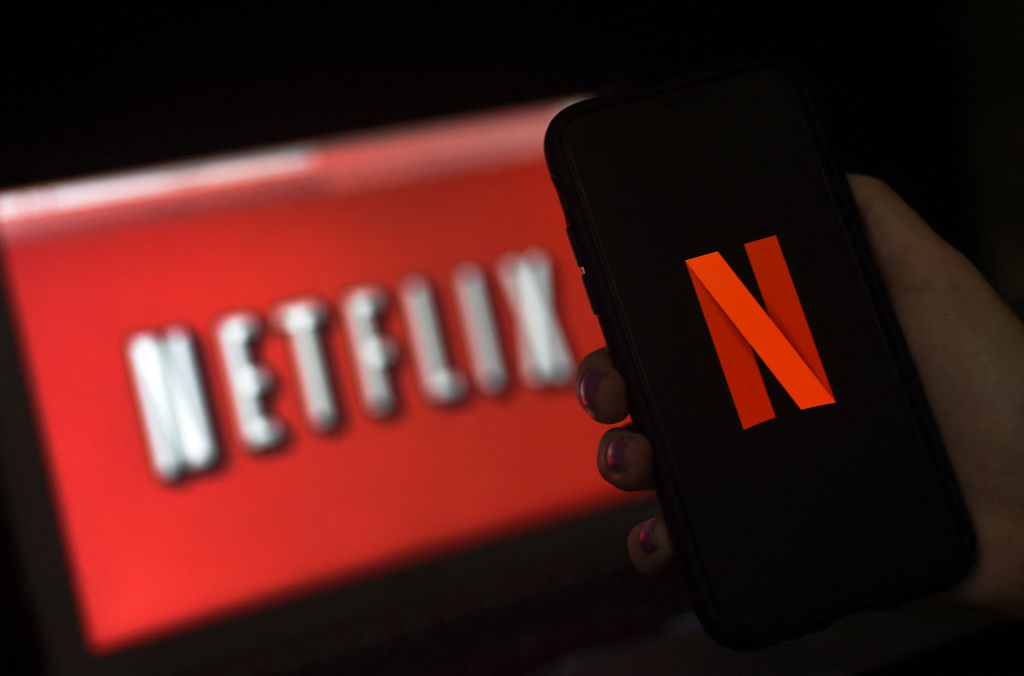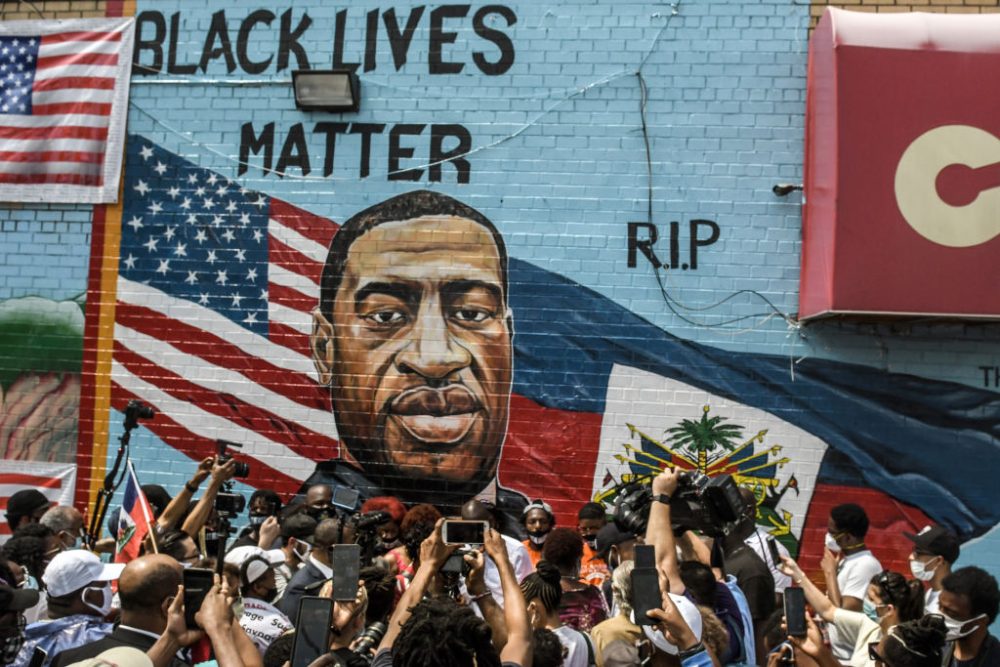It looks like Susan Sontag was ahead of her time. Back in 1966, she (in)famously wrote that “the white race is the cancer of human history.” (After her own bout with cancer a few years later she emended that statement, noting that, on reflection, she thought it was unfair — to cancer.)
Back then, such statements were “provocative,” a euphemism for outrageously mendacious. But it wasn’t long before lots of white liberals, abetted by sundry black race-hustlers, got in on the game. To accompany its 1993 biennial exhibition, the Whitney Museum of American Art passed out little pins that said, “I Can’t Imagine Ever Wanting to Be White.” It was fun to watch all the white females in black boots, bad hairdos and ill-fitting clothes trudge scowling through the galleries sporting that declaration of ideological submission. Nowadays, of course, anti-white animus is all the rage wherever tribal wokeness accumulates and pools. “Critical Race Theory,” which began life in the academy, has metastasized down into primary school, throughout the corporate world and even into various agencies of the federal government where “workshops” (that’s English for what Maoists called “struggle sessions”) are convened to provide cathartic opportunities to declare and abominate one’s “whiteness” and the fifty shades of one’s “privilege.”
Racial aphrodisiacs like Ibram X. Kendi’s How to Be an Antiracist (in a nutshell, practice anti-white racism) and Robin DiAngelo’s White Fragility: Why It’s So Hard for White People to Talk About Racism fill the marketplace of stale ideas while Mark Milley, chairman of the Joint Chiefs of Staff, skirls about “white rage” and frantic exercises in malicious historical fantasy like the New York Times’s 1619 Project poison the hearts and minds of students across the country.
The Chinese have come up with one of the most penetrating epithets to describe this sickness. In 2010, some clever Chinese coined the term baizuo, which literally means “white left” but really means “sanctimonious liberal dysphoria.” It’s a menu-driven pathology in which, in the words of the political scientist Chenchen Zhang, “hypocritical humanitarians… advocate political correctness just to satisfy their own sense of moral superiority.” A rancid pity is the motor of this enterprise — pity, and an unearned sense of forever unexpiated guilt. “Culpability suits us,” the French philosopher Pascal Bruckner observes, “it provides an alibi for our abdication.”
It’s not all bad news, however. What Elon Musk memorably described as the “mind virus” of wokeness is undeniably a potent and widespread pathogen. But reality counts for something, both the psychological reality that requires periodic respite from fanaticism and the economic reality that, increasingly, collides with the somnolent wokeness of nonstop racial obsessiveness.
The cultural landscape is full of husks — the dead and empty husks of hectoring racialism that, just yesterday, embarrassed the self-appointed commissars of culture but now embarrasses only itself. The streaming service Netflix is one of the latest casualties of the get-woke-go-broke dialectic. Serving up a smorgasbord of politically correct entertainments like Dear White People, it has seen its viewers, and its stock price, disappear.
It’s the same at Apple TV+, where aging headliners like Jon Stewart are getting as much traction as bald tires on an oil slick. I’m told that, once upon a time, Stewart was funny. Now he panders to Apple’s pinky-cocking woke mediacrats by explaining “The Problem” with white people. Whitey yawns and turns the channel.
Then there was CNN+ (the plus symbol seems to function like the paint splotches foresters put on trees destined to be culled). The network plowed millions into the venture, which came online with great fanfare and lasted exactly one month, shutting down on April 30. CNN was always pink in its politics, but it started life as a news dispensary. Gradually, then suddenly (to adapt Hemingway’s description of how one of his characters went bankrupt), CNN mutated into a fake-news emporium, specializing in elite coastal attitudinizing on anything having to do with race, sexuality, the environment or Donald Trump.
Disney’s streaming service sports a plus sign, but the company is thoroughly immersed in minuses. It picked a fight with Florida governor Ron DeSantis over the issue of catechizing young children in the wonders of the LGBTQWERTY+ agenda and it lost big time. It was the worst performing Dow Jones stock of the year, losing, by April 20, more than 30 percent of its value.
The good news is not wholly negative. Here and there one sees welcome signs of companies awakening from wokeness. Baskin-Robbins might be the biggest purveyor of ice cream in the country. It has announced a major rebranding and, mirabile dictu, there was no sign of politically correct sermonizing. “In a shocking move,” one outlet reported, Baskin-Robbins “neglected to include any obnoxious, in-your-face woke themes in its new marketing! No parade of rainbow creatures, no pant-suited feminist mascots, no underdogs bravely standing up to America’s racist, sexist, homophobic, bigoted, xenophobic system. There’s nary a victim nor a woke hero to be seen. It’s almost eerie.”
It’s also entirely welcome.
This article was originally published in The Spectator’s June 2022 World edition.

























